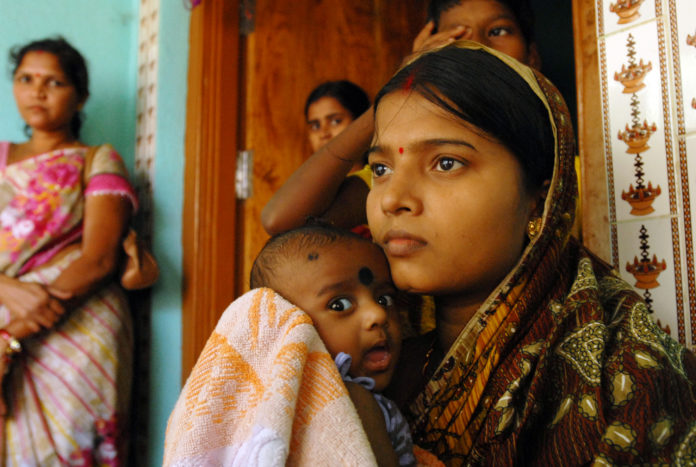Attitudes towards girls are changing, reveal data from the National Family Health Survey 4 that shows that 79% women and 78% men want at least one daughter. The data however does not reflect preferences for an only child – the ideal family size hovering in the range of 2.2.
The data shows that son preference is slightly higher in older women than younger ones. While 74.4% mothers in the 15-19 years age group wanted at least one daughter, 76.8% wanted at least one son. The corresponding figures for mothers in the 40-49 years age group are 80.6% and 84.3% respectively.
The report says: “Sixty-three percent of currently married women age 15-49 with two living daughters and no sons want no more children, compared with 89 percent with two sons and no daughters and the pattern is similar for men, indicating that son preference is still an important factor in overall fertility preferences in India.” Which bears out the known son preference. Women are less likely to have more than two children if one of the living children is a son.
The data shows that son preference is slightly higher in older women than younger ones. While 74.4% mothers in the 15-19 years age group wanted at least one daughter, 76.8% wanted at least one son. The corresponding figures for mothers in the 40-49 years age group are 80.6% and 84.3% respectively.
The report also shows that nearly one in four (24%) currently married women age 15-49 want to have another child. Twelve percent of women want to have a child soon and 11 percent want to wait at least two years before having another child. Most other women want to limit childbearing: 32 percent want no more child and 36 percent are sterilized. Similar to women, a little over one in four (27%) currently married men age 15-49 want to have another child. Thirteen percent of men want to have another child soon and 12 percent want to wait at least two years before having another child, 64 percent want no more children, and 7 percent are sterilized. Eighty-four percent of women with two living children (including those who are sterilized) do not want any more children.
Despite changing attitudes quality of menstrual protection available to girls remained sub par. Using a hygienic method of menstrual protection is important for women’s health and personal hygiene. In NFHS-4, women aged 15-24 were asked what method or methods they use for menstrual protection, if anything. In India, 42 percent use sanitary napkins, 62 percent use cloth, and 16 percent use locally prepared napkins. Overall, 58 percent of women in this age group use a hygienic method which means 42 percent or a little less than half the women of India still use unhygienic methods


